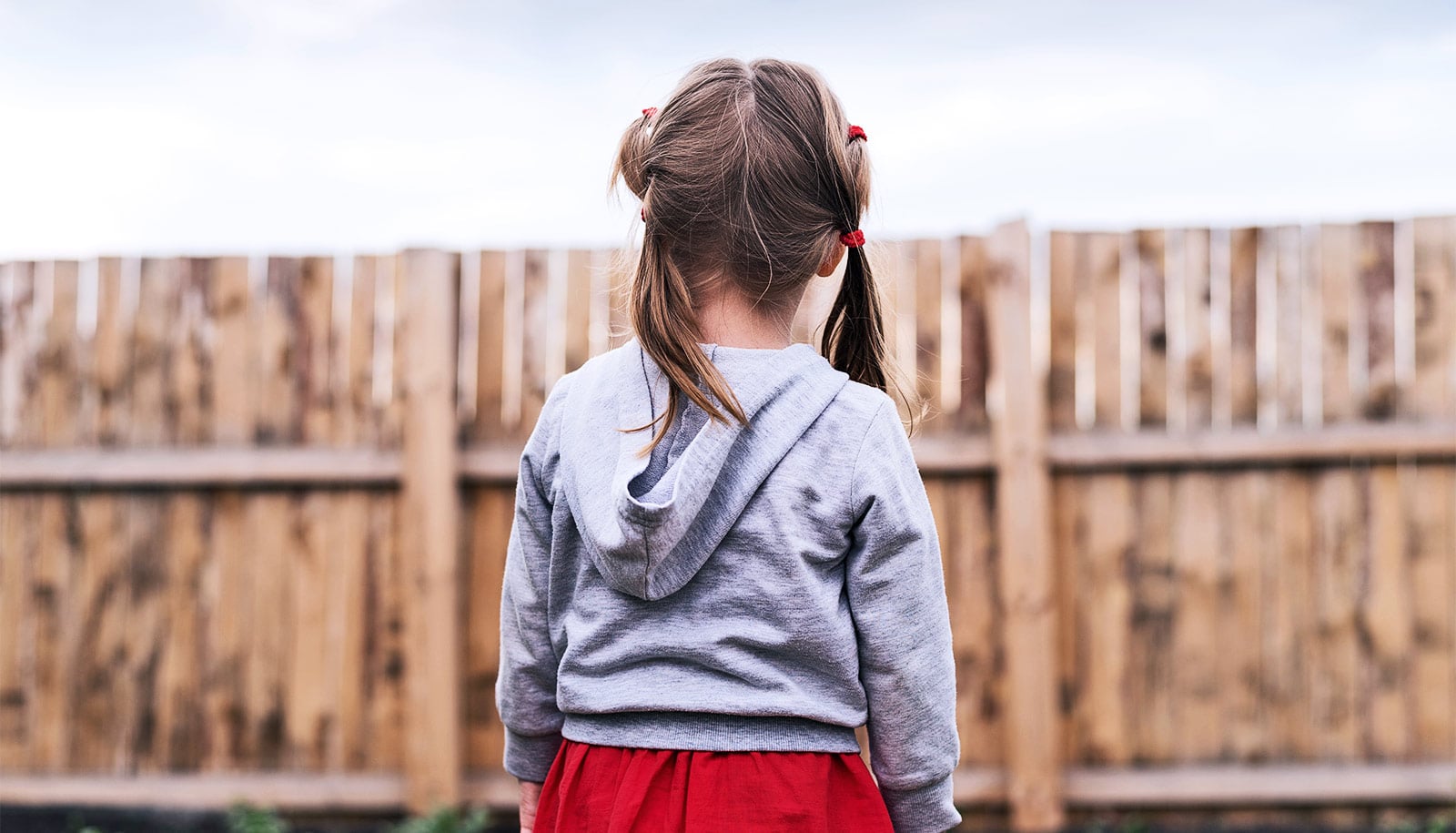Early exposure to emotional violence increases the chances that young people will contemplate suicide, a new study in three countries finds.
“We find the odds of suicide ideation are consistently and significantly greater for adolescents who report overexposure to emotional violence,” says Lindsay Stark, associate professor at Washington University in St. Louis and coauthor of the paper in Child Abuse & Neglect.
The researchers did not observe the same consistency for any other form of maltreatment across countries, according to the study.
The researchers reviewed national data drawn from 9,300 adolescents and young adults aged 13-24 in the Violence Against Children Surveys, a collaborative effort by the US Centers for Disease Control and Prevention, UNICEF, country governments, and other bilateral and multilateral organizations.
They collected surveys from Haiti, Kenya, and Tanzania containing detailed information on young people’s experiences with physical, emotional, and sexual violence, and their mental health and well-being.
Questions about emotional violence included whether adults had ever threatened abandonment, made a child feel unwanted, or humiliated a child in front of others. Stark and coauthor Ilana Seff of Columbia University found an association between youth with those experiences and the ones who considered suicide.
Approximately 26 percent to 45 percent of respondents, depending on sex and country, reported experiences with emotional violence.
Self-reported suicide ideation was consistently higher for girls in all countries; nearly 27 percent, 15 percent and 8 percent of girls had ever considered suicide in Haiti, Kenya, and Tanzania, respectively, compared to 8 percent, 7 percent, and 6 percent of boys.
“We find there exists a significant relationship between exposure to emotional violence and suicide ideation for both males and females in all countries in the sample,” the authors write.
“No other form of child maltreatment was found to be associated with suicide ideation in more than one country, suggesting that emotional violence may actually be more powerful than physical and sexual abuse in its impact on adolescent suicide behaviors in low- and middle-income countries.”
The analysis suggests that mental health practitioners should offer suicide prevention programs to those with a history of emotional abuse.


